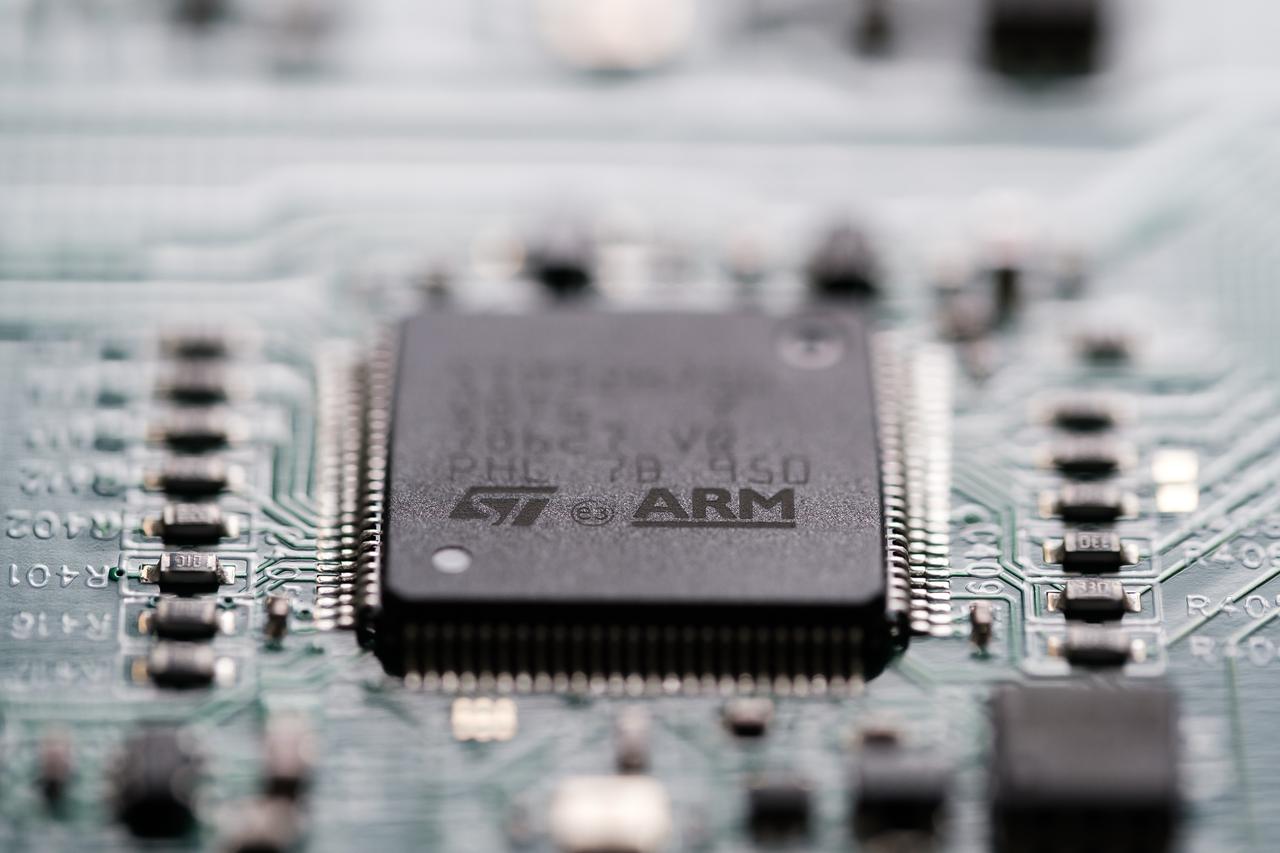
Türkiye will begin producing its first domestically designed microcontroller prototypes by the end of 2025, with serial production planned for 2026, as the nation moves to reduce foreign dependency in semiconductor technology amid escalating U.S.-China tensions.
Yongatek Microelectronics General Manager Ali Baran told state-run Anadolu Agency's (AA) Technology Desk on Monday that initial production will target 30 million units annually for appliance manufacturer Beko alone, with the potential to reach 40-50 million units when expanded to defense, robotics and Internet of Things (IoT) applications.
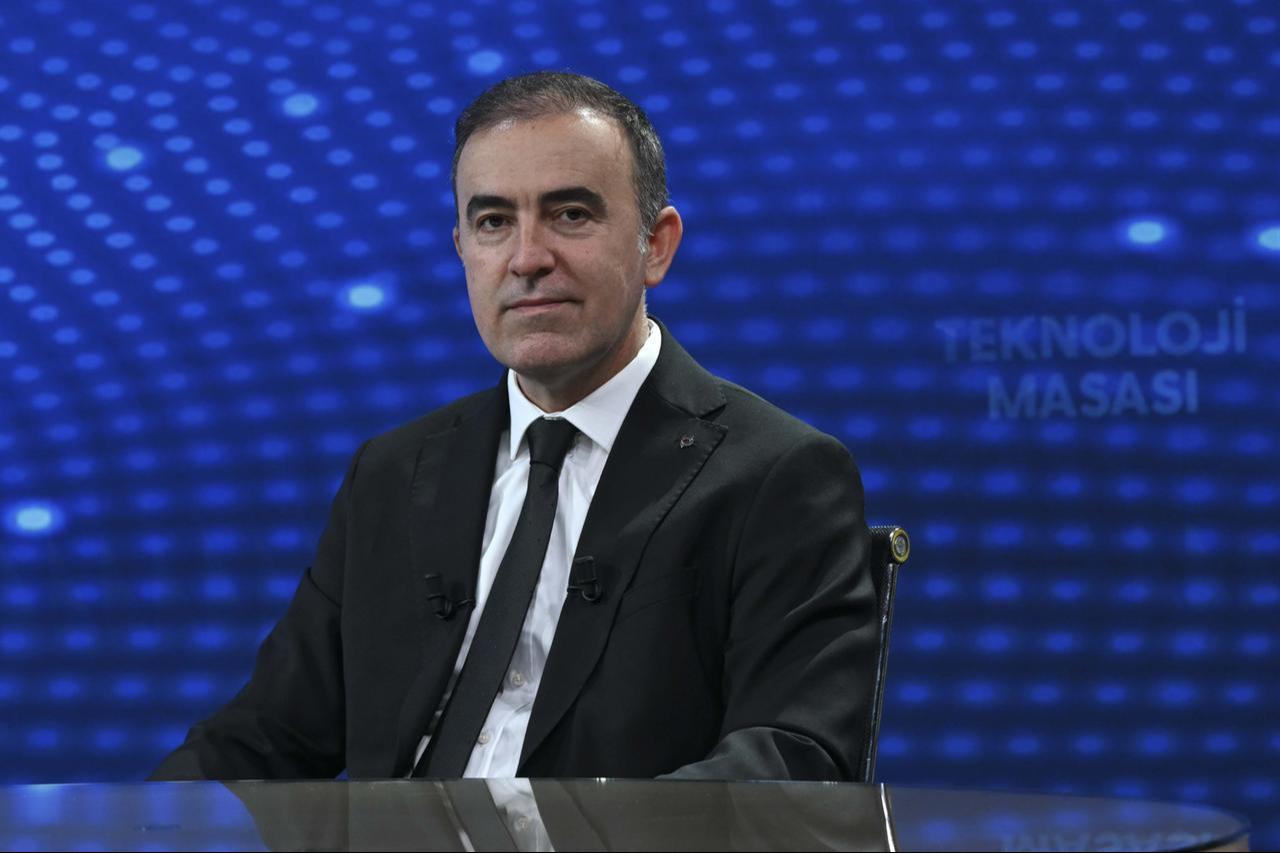
The announcement comes as global semiconductor supply chains face increasing fragmentation, with the United States restricting China's access to advanced chip technologies.
Baran emphasized that chips have become the central battleground in U.S.-China trade tensions.
"The role of oil is passing to chips. Chips will be the defining resource of the 21st century," Baran said, adding, "Countries that possess chip technologies will advance ahead of others and use other countries as markets."
He noted that the Trump administration has divided artificial intelligence chips into three categories, with Türkiye placed in the second tier behind the United States and highly developed nations.
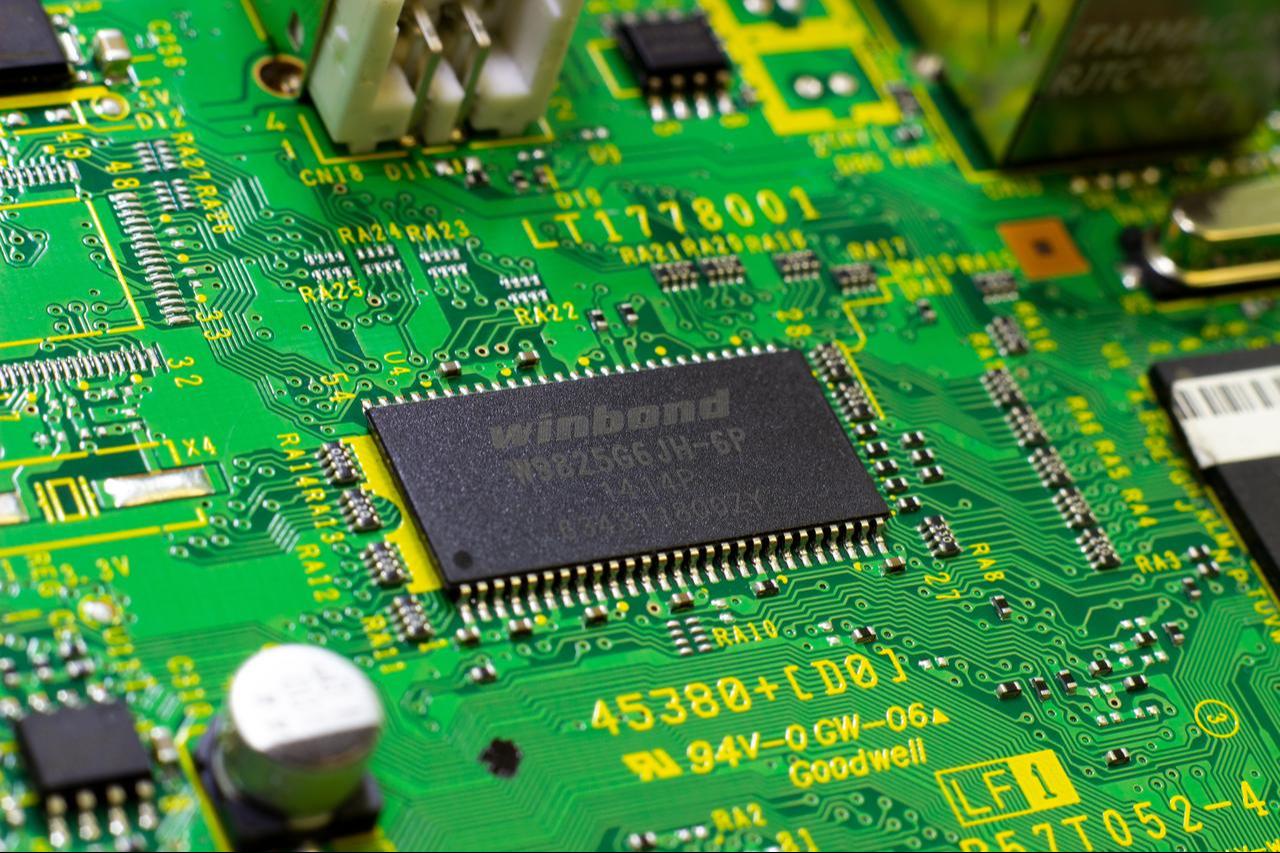
Yongatek is pursuing three parallel chip development projects as part of Türkiye's semiconductor independence strategy:
Microcontrollers: "At the end of this year, the first prototypes will go into production, and plans will be made for serial production next year," Baran stated.
"Beko's annual usage alone will be 30 million units. When we present it to the defense, robotics, and IoT markets, we have the potential to increase it to the 40-50 million range," he noted.
AI chips: The company is developing artificial intelligence processors for security cameras and automotive applications. "We are making AI chips. Security cameras, automotive cameras and the chip behind every camera we can think of. Soon we will also make production plans for this," Baran explained.
"It will be a perfectly prepared solution at the point where there are restrictions on the AI side," he added.
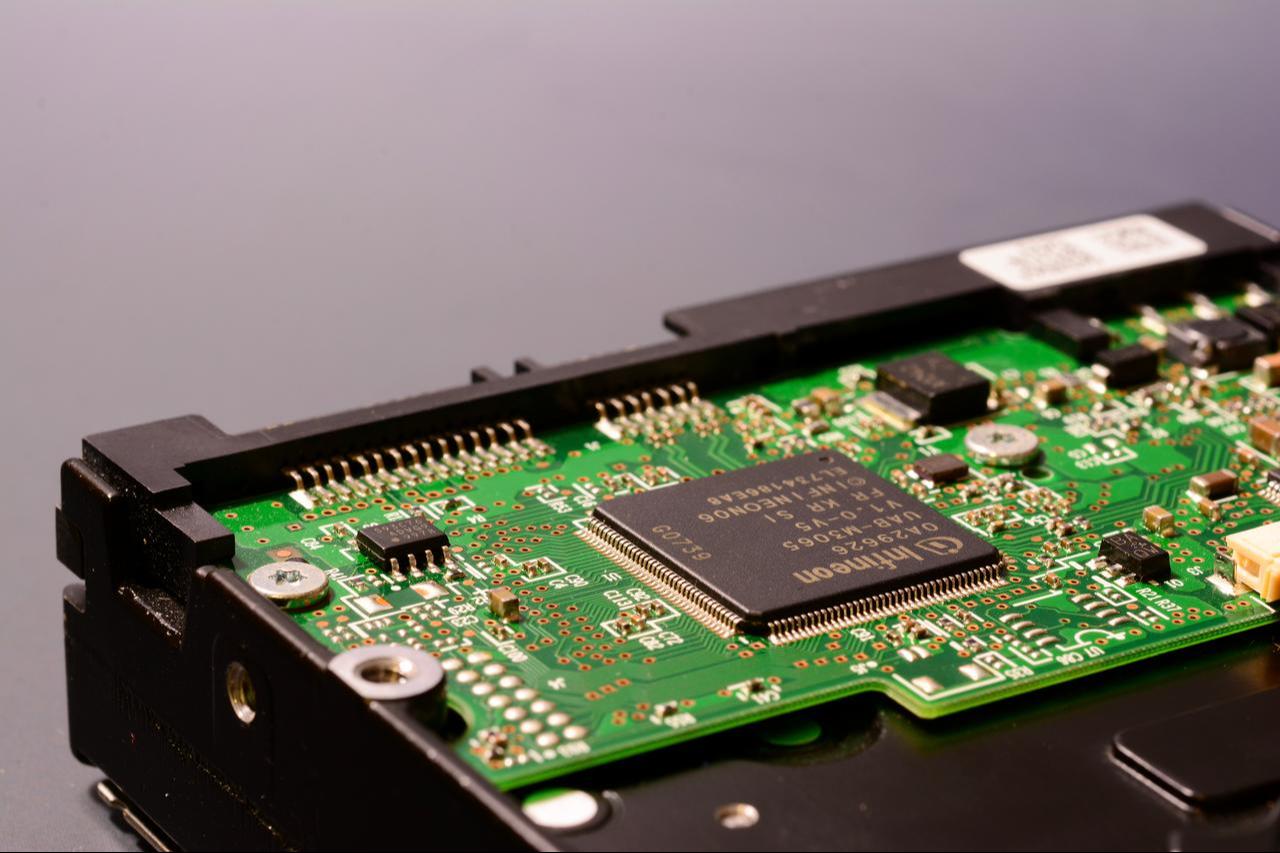
Türkiye offers approximately $5 billion in support packages for foreign technology companies willing to establish chip production infrastructure in the country, according to Baran.
"Every place we go, we remind companies and countries about the support available in Türkiye. This could involve direct investment. There could be some developments even in the near term," he said.
The project with Beko has been included in the government's HIT-30 Program, which supports strategic technology initiatives.
The development schedule outlined by Baran includes:
Production will initially focus on 40-nanometer chips currently used in appliances, with plans to advance to 28-nanometer and 22-nanometer technologies suitable for automotive applications.
Baran later highlighted that Türkiye is almost entirely dependent on foreign chip supplies, creating security concerns for the supply chain. He referenced challenges faced by the defense industry during embargoes.
"When a company imposed an embargo on us, we couldn't access certain things. Then we said, "How will we fly our UAVs?"
How will we operate our military computers? Thank Allah it didn't last long and was resolved, but when you are capable of doing this, these will no longer be problems," Baran explained.
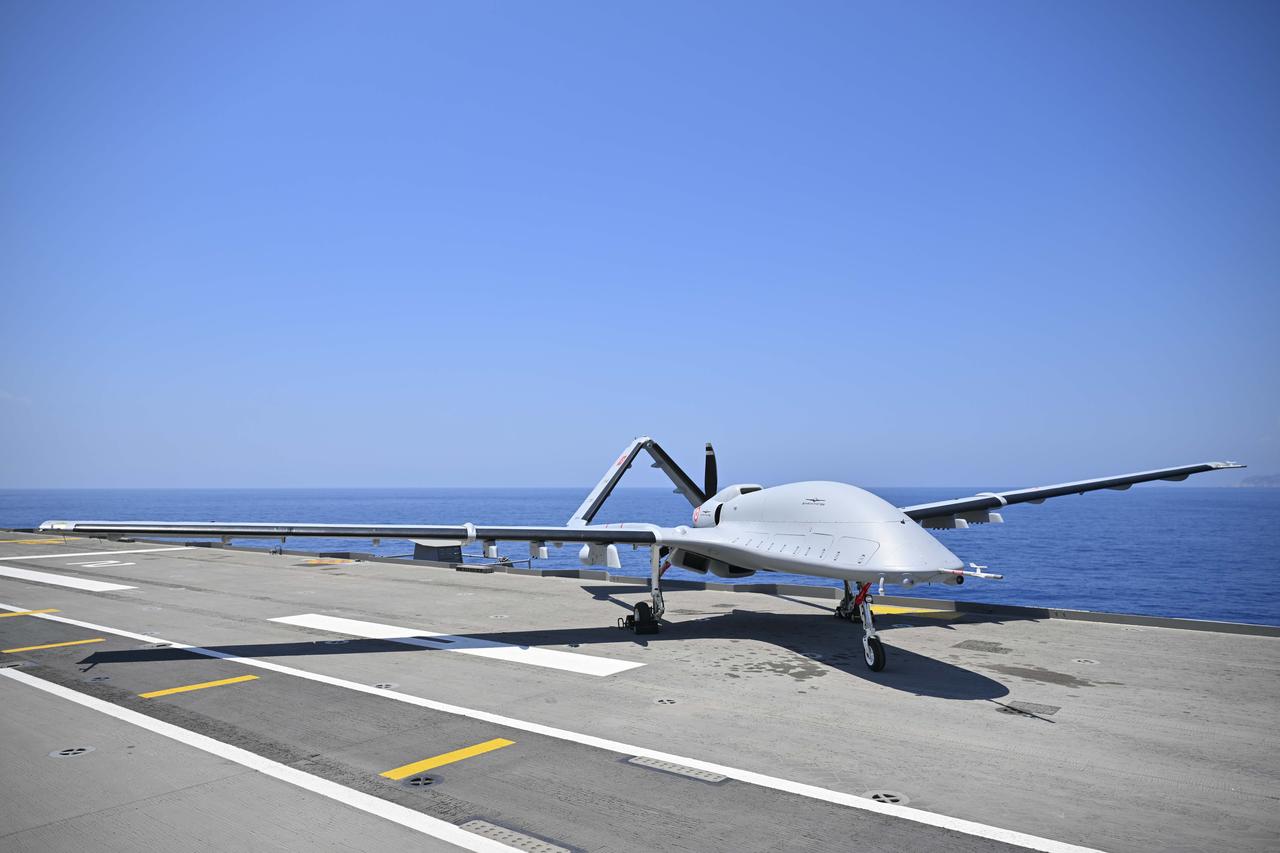
Yongatek is also developing chips for satellite communications, anticipating the convergence of satellite technology with 5G networks.
"We are targeting to create a chip in this scope. The work on this is ongoing. Our market target here will be both the IoT field and the satellite communications part," Baran revealed, noting this was the first public announcement of the project.
Baran emphasized the need for a comprehensive approach combining government support with private sector management.
"I think the chip sector definitely needs to be supported by the state, but I have no doubt that it should be managed by the private sector. I think the chip sector managed by the government side will not go anywhere. I'm that clear about it," he stated.
He called on Turkish youth to pursue electronics engineering and chip technologies, expressing confidence in Türkiye's potential: "Just as in the defense industry, maybe 20 years from now we will have become a player in the chip sector. I believe this with all my heart."
Türkiye's strategic advantages include being Europe's largest television manufacturer and hosting Beko, the world's second-largest appliance producer by volume.
"When we consider all this, our country has very serious potential. If this potential can be managed correctly, I think there will be important developments soon," Baran concluded.